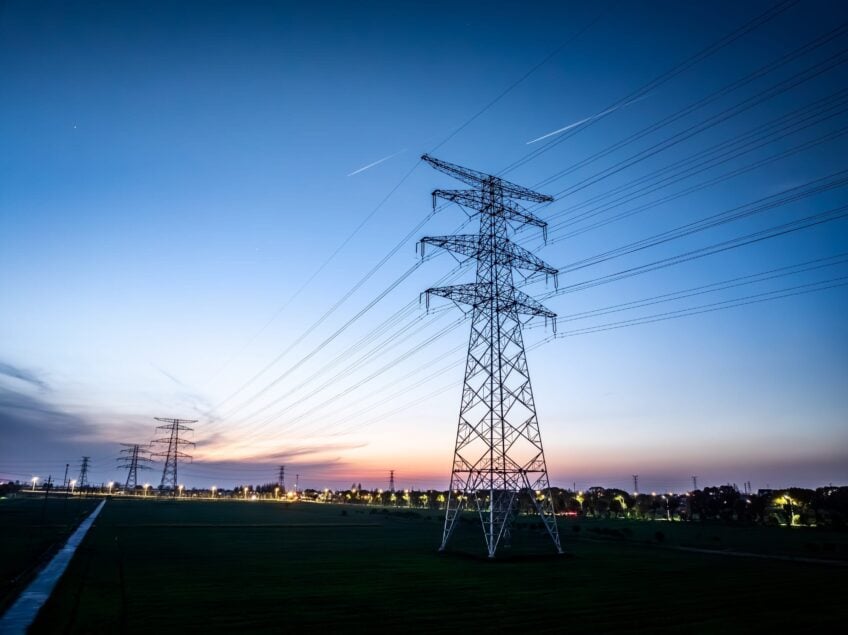Lowering Energy Costs in America: Jake Morabito in Real Clear Energy
By incorporating proven policy solutions in a competitive energy marketplace, state leaders can unlock America’s latent energy and natural resource potential.
An op-ed by Jake Morabito, Senior Director of ALEC’s Energy, Environment, and Agriculture Task Force, was recently published in RealClearEnergy, highlighting key findings from ALEC’s 4th Annual Energy Affordability Report. The report serves as a valuable guide for how states that prioritize free-market policies over heavy-handed regulation consistently deliver more affordable, reliable energy to their residents.
Upon returning to the White House, President Trump immediately outlined a vision for a new “Golden Age of America,” unabashedly powered by American innovation and American energy dominance. If we hope to restore manufacturing, win the global AI race, jump-start the auto industry, and increase our housing supply, we need to increase our energy supply – and fast.
Today, many communities are quite literally paying the price for poor policy choices. For example, New Jerseyans are bracing for an upcoming 20% hike in electricity rates this summer, while residents of Wyoming, Idaho, and Utah consistently pay a fraction of the price for power.
But what led to this stark dichotomy in energy affordability in the first place? There are some clear trends in the data that help explain why Americans in New England are often charged nearly twice as much as Mountain West states for their electricity.
To help make sense of America’s energy landscape, the American Legislative Exchange Council (ALEC) just published its annual energy affordability rankings across the states, studying the practical effects of state legislation on electricity prices.
Setting aside the geographic outliers of Alaska and Hawaii, the 10 states with the most expensive average electricity prices—California, Massachusetts, Connecticut, New Hampshire, Rhode Island, New York, Maine, Vermont, New Jersey, and Maryland—have all enacted impractical clean energy mandates, all subscribe to the Regional Greenhouse Gas Initiative or a comparable cap-and-trade regime, and all have state-mandated policies subsidizing renewables.

